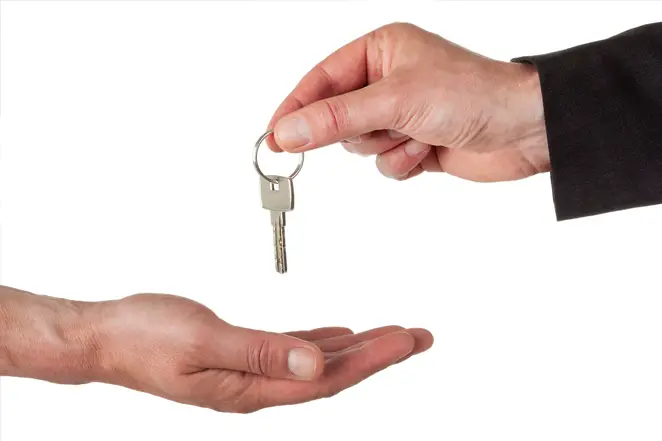What's the difference between a tenant and a lodger?

This is a common question which many people, including experts in the industry, don’t always know the answer to: what is the difference between a tenant and a lodger?
There are distinct differences and it’s extremely important to be aware of them, especially if you’re a landlord, because the status of your occupier (tenant or lodger) will determine the rights you have.
For example, a “tenant” rents an entire property for the period of the tenancy. They essentially own the property, and therefore have the legal right to choose who they permit into the premises. They can even choose to legally prevent the landlord from entering the premises. Whereas a lodger does not have any ownership of the property, they are typically a ‘licencee’, which means they only have the right to stay in the premises as long as the landlord allows it. A lodger cannot keep the landlord out of their room, let alone the property.
So there are obvious and crucial differences in rights.
How can you tell if you have a lodger or tenant?
Here are a a few of the main differences between a lodger and tenant…
- 1) A landlord lives in the same property and shares living areas
This is perhaps the biggest indicator.A lodger lives with the landlord in the same property and shares living areas such as the kitchen, bathroom and living room. There is an exception to this rule though, and that is if the landlord initially lives somewhere else, but then later on moves into a spare room in another one of their properties which already has tenants in- in that case, they will not become lodgers, they will remain tenants.
- 2) The lodger does not have ‘exclusive occupation’
A lodger does NOT have the right to any exclusivity to any room/area in the property.That means the landlord is allowed to enter any room whenever they wish, including the lodger’s bedroom. If there is a lock on the door, the landlord must have a copy so they can access the room.
- 3) Landlord provides services
If the landlord provides services, such as providing cooked meals and clean linen, then the occupier cannot legally have a tenancy. - 4) Landlord must live in the property
The landlord must live in the property for the duration of the time the occupier is there in order for them to be a ‘lodger’. If the landlord moves out and has a primary residence elsewhere, the lodger will become a tenant and may then have exclusivity over the property.
It’s important to note, if you do have a lodger, it is in your best interest to ensure you abide by the above points and keep them a ‘lodger’, otherwise your ‘lodger’ might actually be a tenant, and may then have the legal right to keep you out of your home.
If you require legal advise on any lodger/tenant disputes or simply require clarity, we recommend that you contact your local Citizen’s Advice. For general information on lodgers, we recommend reading the Lodger Guide.
Buy-To-Let Mortgage Specialists
Commercial Letting Agents
Drainage Services
Electrical Services For Landlords
Energy Performance Certificates (EPC) Services
Eviction Services
Furniture Solutions For Landlords
Gas Safe Registered Engineers / Plumbers
Landlord Associations
Landlord Building Insurance Services
Landlord Cleaning Services
Landlord Inventory Services
Landlord Software
Landlord Tax Specialists
Letting Agents
Locksmith For Landlords
Online Letting Agents
Pest Control For Rentals
Rent Collection Services
Rent Guarantee Insurance
Tenancy Agreements And Forms
Tenancy Deposit Scheme Services
Tenant Credit Check Services





